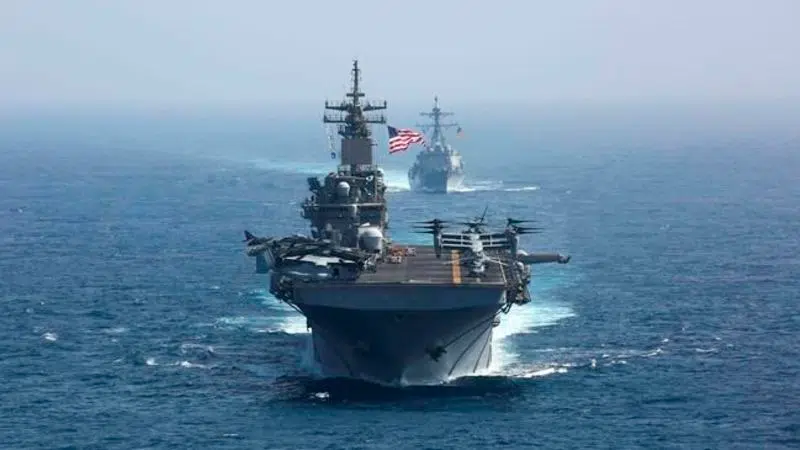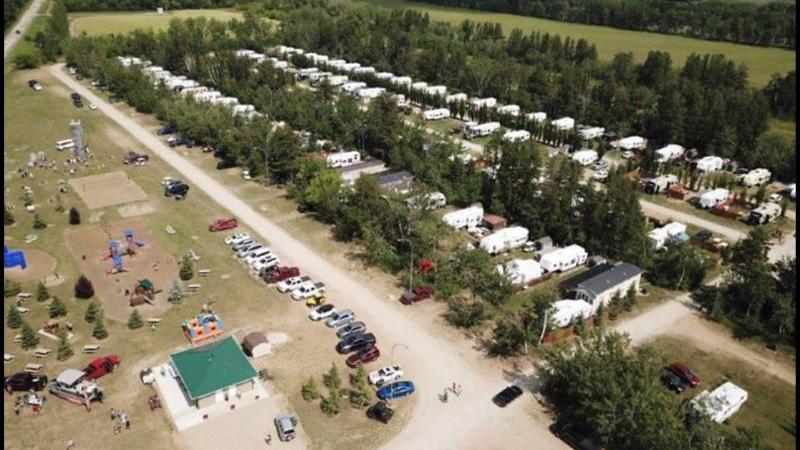
Saudis say they don’t want war, but will defend themselves
DUBAI, United Arab Emirates — Saudi Arabia does not want war but will not hesitate to defend itself against Iran, a top Saudi diplomat said Sunday amid heightened tensions in the Persian Gulf after attacks on the kingdom’s energy sector.
Adel al-Jubeir, the minister of state for foreign affairs, spoke a week after four oil tankers— two of them Saudi— were targeted in an alleged act of sabotage off the coast of the United Arab Emirates and days after Iran-allied Yemeni rebels claimed a drone attack on a Saudi oil pipeline.
“The kingdom of Saudi Arabia does not want war in the region and does not strive for that… but at the same time, if the other side chooses war, the kingdom will fight this with all force and determination and it will defend itself, its citizens and its interests,” al-Jubeir told reporters.


